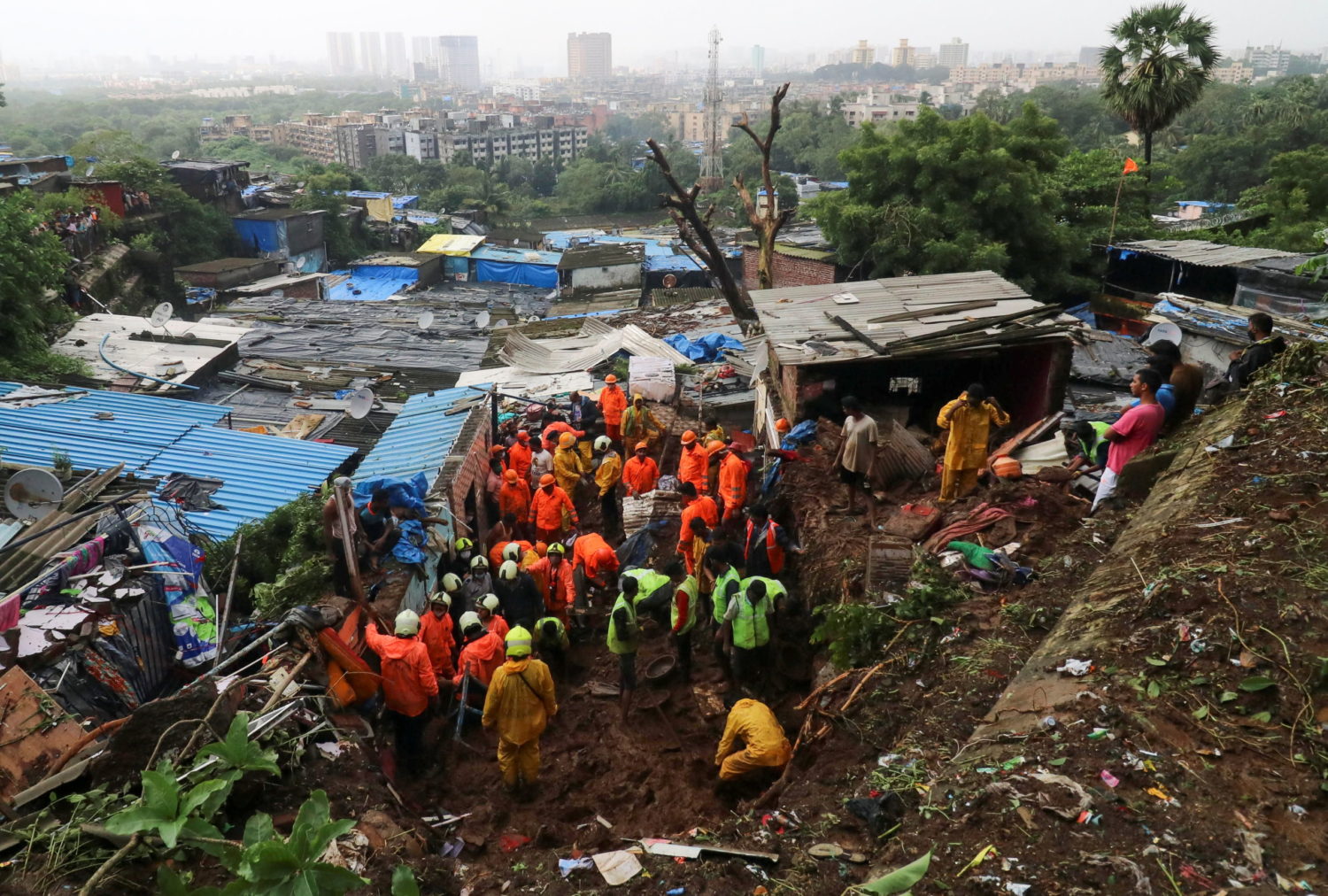
By Uday Sampath Kumar and Bhargav Acharya
BENGALURU (Reuters) -India on Tuesday declared a new coronavirus variant to be of concern, and said nearly two dozen cases had been detected in three states.
The variant, identified locally as “Delta plus,” was found in 16 cases in the state of Maharashtra, Federal Health Secretary Rajesh Bhushan told a news conference.
The ministry said Delta plus showed increased transmissibility and advised states to increase testing.
On Monday, India vaccinated a record 8.6 million people as it began offering free shots to all adults, but experts doubted it could maintain that pace.
“This is clearly not sustainable,” Chandrakant Lahariya, an expert in public policy and health systems, told Reuters.
“With such one-day drives, many states have consumed most of their current vaccine stocks, which will affect the vaccination in days to follow.”
With the currently projected vaccine supply for the next few months, the maximum daily achievable rate is 4 to 5 million doses, Lahariya added.
The effort has so far covered about 5.5% of the 950 million people eligible, even though India is the world’s largest vaccine producer.
A devastating second wave during April and May overwhelmed health services, killing hundreds of thousands. Images of funeral pyres blazing in car parks raised questions over the chaotic vaccine rollout.
Since May, vaccinations have averaged fewer than 3 million doses a day, far less than the 10 million health officials say are crucial to protect the millions vulnerable to new surges.
VACCINE DRIVE FALTERING
Particularly in the countryside, where two-thirds of a population of 1.4 billion lives and the healthcare system is often overstretched, the drive has faltered, experts say.
Maintaining the pace will prove challenging when it comes to injecting younger people in such areas, Delhi-based epidemiologist Rajib Dasgupta said.
The capital is also facing difficulties. Authorities in New Delhi said more than 8 million residents had yet to receive a first dose and inoculating all adults there would take more than a year at the current pace.
India has been administering AstraZeneca’s vaccine, made locally by the Serum Institute of India, and a homegrown shot named Covaxin made by Bharat Biotech.
Last week, Serum Institute had said it planned to increase monthly production to around 100 million doses from July. Bharat now estimates it will make 23 million doses a month.
On Tuesday, television channel CNBC-TV18 reported that phase-3 data for Covaxin showed an efficacy of 77.8%.
India may also soon have a mass rollout of Russia’s Sputnik V vaccine, and the government expects to import vaccines this year from major makers such as Pfizer.
Although new infections in India have dropped to their lowest in more than three months, experts say vaccinations should be stepped up because of the transmissibility of new variants.
Over the past 24 hours India reported 42,640 new infections, the lowest since March 23, and 1,167 deaths.
Infections now stand at 29.98 million, with a death toll of 389,302, health ministry data showed.
(Reporting by Uday Sampath Kumar and Bhargav Acharya, Ankur Banerjee in Bengaluru, Shilpa Jamkhandikar in Pune; Writing by Neha Arora; Editing by Clarence Fernandez, Angus MacSwan and Giles Elgood)












